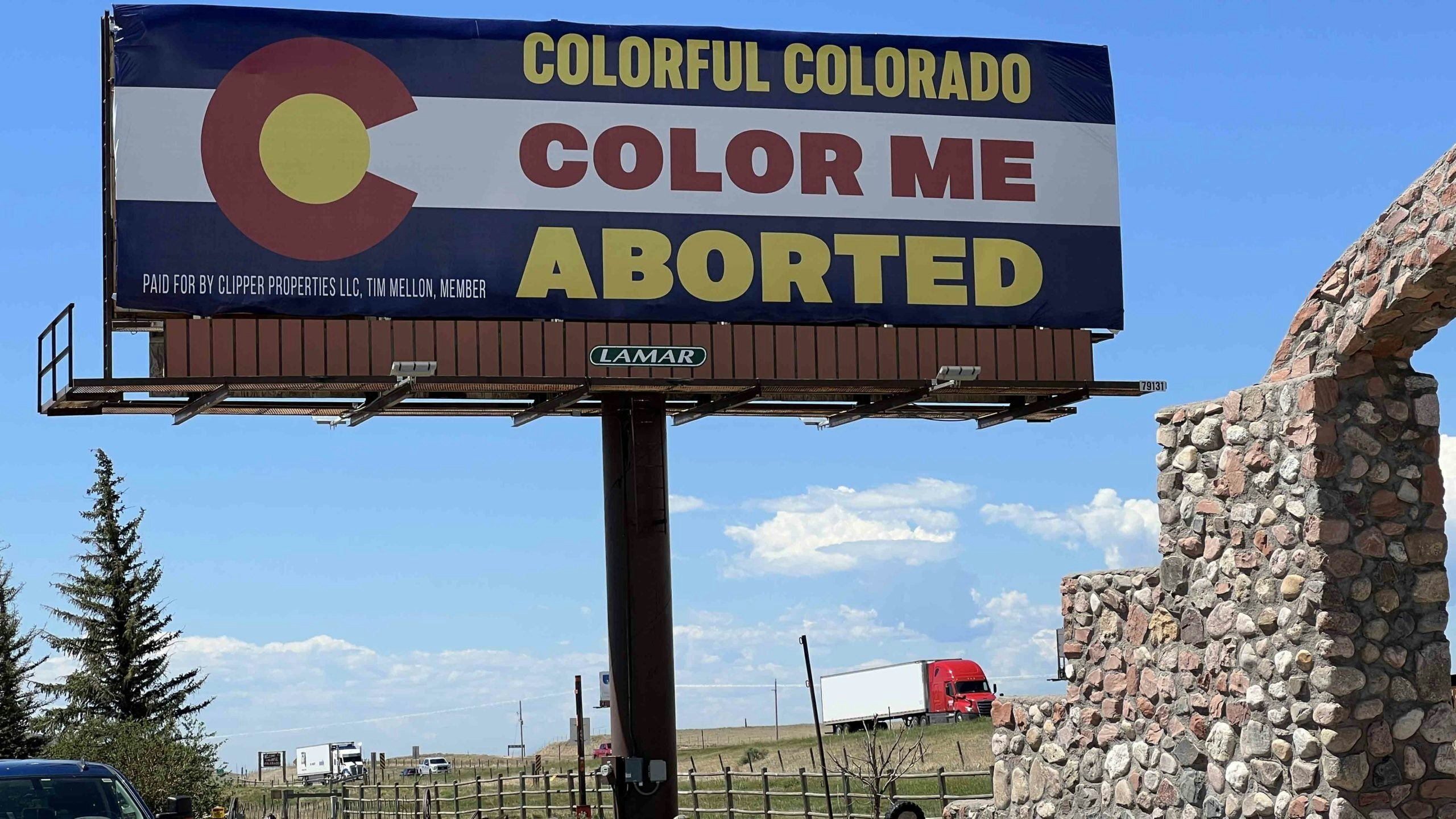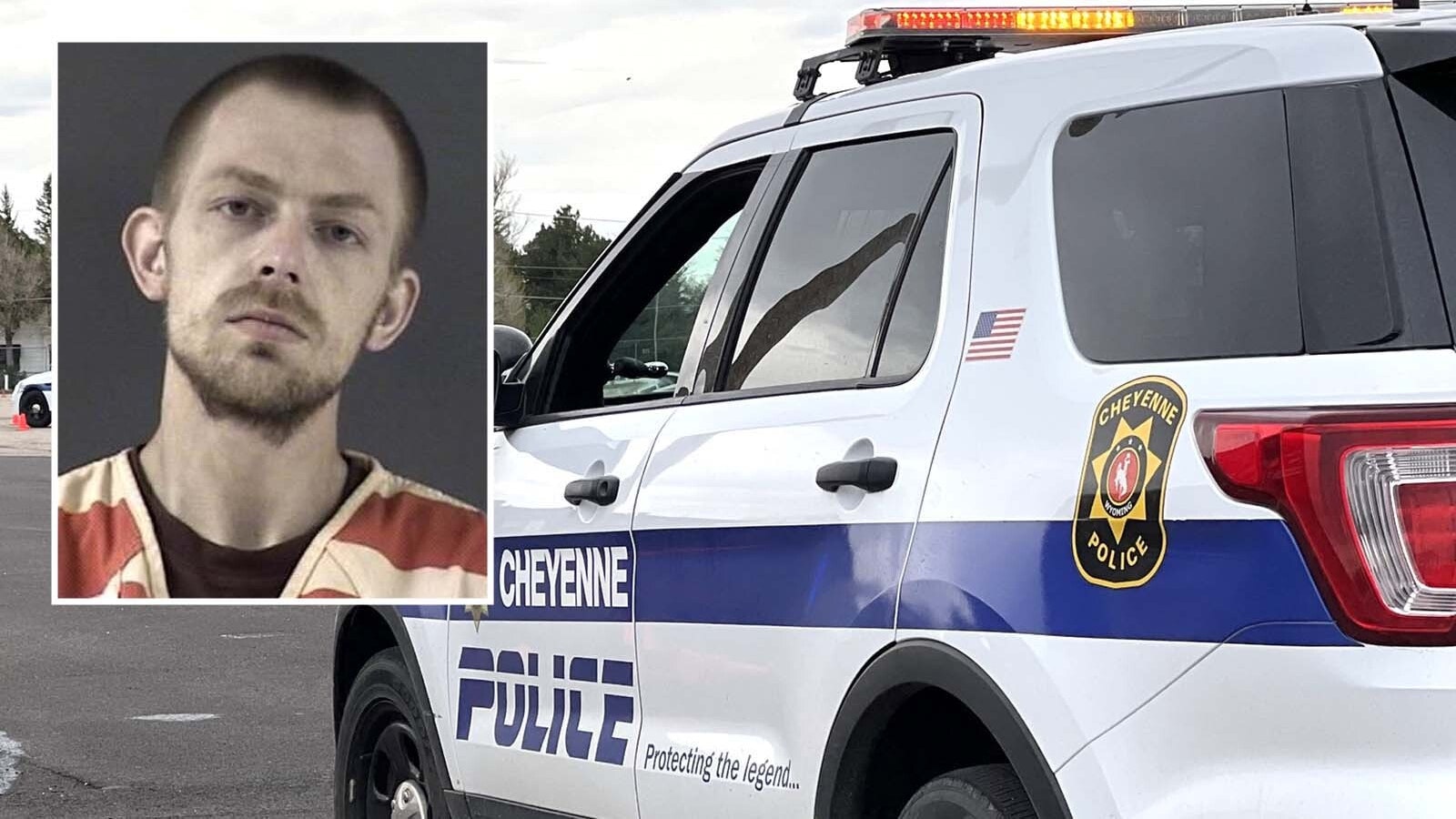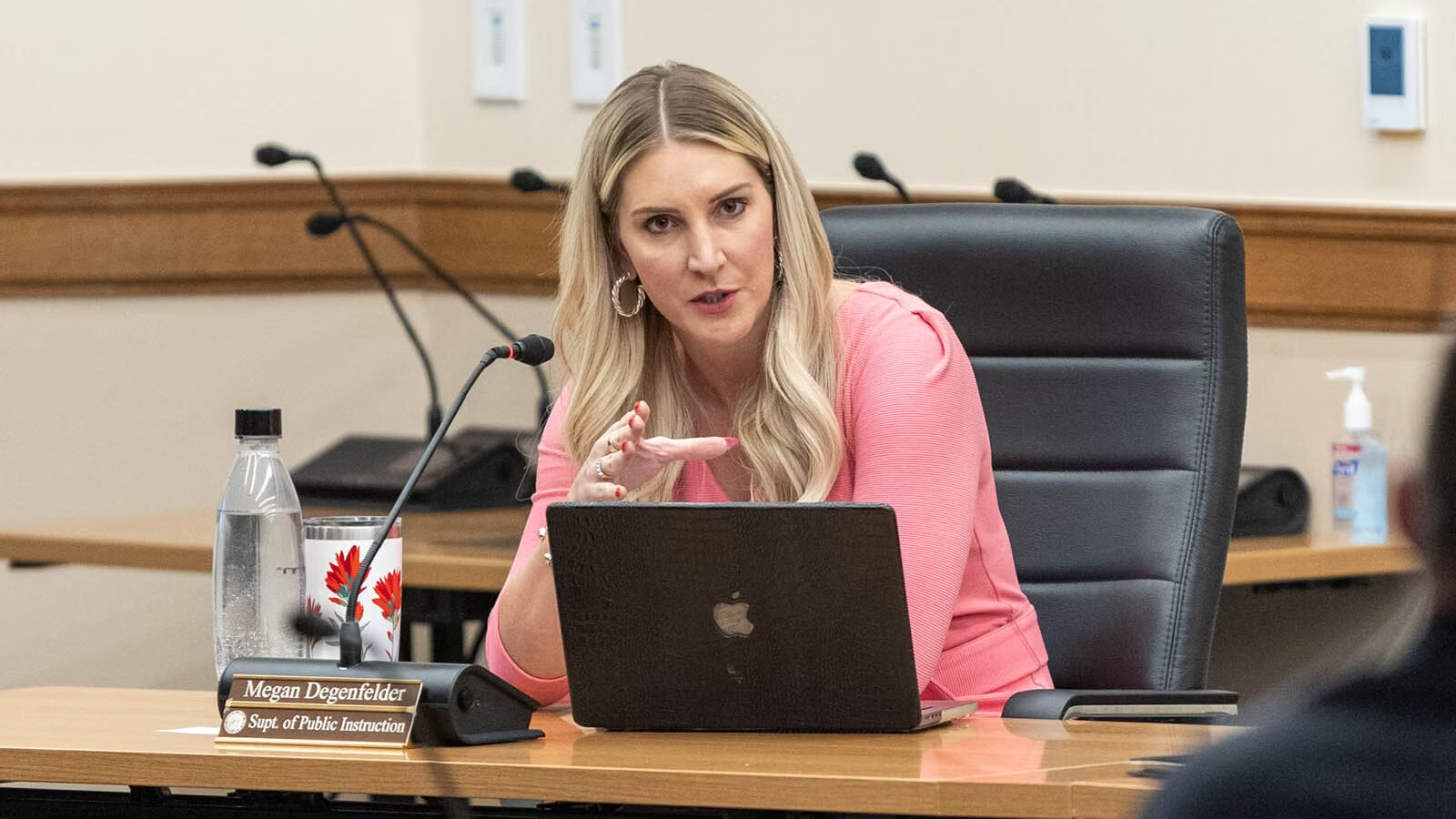By Clair McFarland, Cowboy State Daily
clair@cowboystatedaily.com
Colorado will not cooperate with any Wyoming investigations into abortions unless compelled to do so by a court, under an executive order signed this week by Colorado Gov. Jared Polis.
Polis’ order, issued Wednesday, forbids the state from working with any state that has outlawed abortions in the wake of the U.S. Supreme Court’s decision to overturn Roe vs. Wade.
The order is the eighth of its nature nationwide, and a sign of growing differences between states following the ruling that put the authority over abortions into the hands of the states rather than a constitutionally guaranteed right nationally.
Abortion is set to become a felony in Wyoming punishable by a sentence of up to 14 years by July 29, although exceptions are allowed in cases of rape, incest or to protect the health of the mother.
The executive order is designed in part to shield Colorado abortion providers who may provide services for Wyoming residents, said Colorado Rep. Meg Froelich, D-Englewood.
“We’re really dealing with our neighboring states’ experiments in how they’re going to punish pregnant people, and the people that help them, make private medical decisions,” Froelich told Cowboy State Daily on Thursday.
Froelich voiced strong approval for Polis’ order and disdain for largely pro-life legislatures like Wyoming’s.
“(One effect of the order) is just to make sure our providers performing legal medical procedures or giving legal medical advice in Colorado are not prosecuted on some other state’s religious-based legislation,” she said.
A Wyoming Supreme Court precedent from the year 2000 says that out-of-state conspirators in illegal activities — as abortions are scheduled to become — may be charged with a crime in Wyoming. However, there’s not yet a conspiracy statute pertaining to abortions.
Wyoming also has a law in place banning the advertisement of abortion pills or drugs in the state.
Polis’ office did not return multiple voicemails requesting comment. Colorado Attorney General Phil Weiser also did not respond Friday morning to a voicemail.
Numerous county sheriffs in northern Colorado counties did not return Cowboy State Daily voicemails Friday morning.
‘This Plan To Not Cooperate’
The social media reaction to news of Polis’ order was combative and varied.
One Twitter user, “D Mulvey,” asked “Has anyone thought about what might happen when CO needs cooperation in an investigation? This plan to not cooperate did not have to be broadcast to the world – it simply could have been implemented as situations arose.”
Another user, “MedicinalColorado,” wrote “The Governor can’t keep sheriffs from assisting out-of-state investigations.”
“Abortion is healthcare,” chimed in Twitter user “PMay.”
“I think he’s trying to defend Colorado’s history of being a state that values privacy and personal autonomy,” said “M M” in a tweet.
Abortion Pills
Froelich said she isn’t sure if the executive order will extend immunity to Colorado abortionists who send abortion pills into Wyoming.
Wyoming’s imminent ban on abortion will link up with existing legal definitions to criminalize the use of abortion pills – which accounted for all 98 Wyoming abortions in 2021 – as well as surgical abortion.
“I don’t know the ramifications of (the order) and that’s one of the things we’re going over.” said Froelich. “If Wyoming chooses to pass some sort of anti-choice measure, how we can protect our folks?”
Froelich lamented an announcement by Planned Parenthood of Montana that it will deny abortion pills to women from pro-life states; she said that kind of “dampening” is exactly what Colorado seeks to avoid with its order.
Aiding And Abetting
Part of the executive order is designed to protect people who may be chargeable under other states’ laws against aiding and abetting abortions.
Wyoming currently has no such law, but the sponsor of the state’s imminent ban on abortion, Rep. Rachel Rodriguez-Williams, R-Cody, said she is considering pursuing the measure in the January legislative session.
Rodriguez-Williams has been outspoken about abortion clinics’ ability to hide rape and incest evidence and thereby help criminal suspects escape the justice system.
But Froelich said Colorado’s leadership sees donations toward abortion services in a much more favorable light.
“The heartbreak (we have) is for… folks who can’t – we have teenagers who can’t tell their parents,” said Froelich. “Where do they go? Who’s looking out for them? And the answer is, our Colorado organizations, our nonprofit organizations are committed to serving as many people as they can and helping with all aspects of accessing care.”
Constitution Change For Colorado
Froelich said earlier Colorado legislation identifying abortion access as a right and Polis’ executive order are just the beginning. She’s working to overturn a law against the use of state funds for abortions and is part of a movement to make abortion access a guaranteed right under Colorado’s Constitution.
The ballot measure is slated to go to Coloradans for approval in 2024.
‘Shall Not’
The executive order has five goals:
Polis commanded state agencies and principal departments, such as county sheriffs, not to share any data or spend any time or money helping out-of-state authorities investigate abortion situations deemed criminal in other states. This section has two caveats: the agencies can give information or aid following a court order, or they “may” help the investigation in response to a written request from the “subject,” or person being investigated.
All state agencies must coordinate with each other to protect Colorado abortionists or anyone helping with or seeking abortion services in Colorado.
Colorado is working with all professional licensure boards, such as medical licensing boards, to prevent providers from repercussions stemming from performing abortions or being convicted of the act in another state.
Polis vowed to use “the full extent of (his) discretion” to decline other states’ requests for arrest, surrender, or extradition of any person criminally charged with any law relating to abortion.
Because the order used the term “reproductive healthcare” throughout its text, Polis’ final assertion referenced a section of Colorado law defining “reproductive health care” to include many pregnancy- and sexual health-related services, including abortion.
‘Public Education’ From On High
President Joe Biden on Friday weighed in on the interstate dispute by signing a national executive order.
The order is designed to “protect access to medication abortion,” expand access to contraception, launch “public education efforts” regarding abortion, and contract volunteer attorneys to defend abortion seekers and providers throughout the nation.
It also seeks to beef up medical privacy laws to shield abortion providers from investigations and protect mobile abortion clinics, “which have been deployed to borders to offer care for out-of-state patients.”





